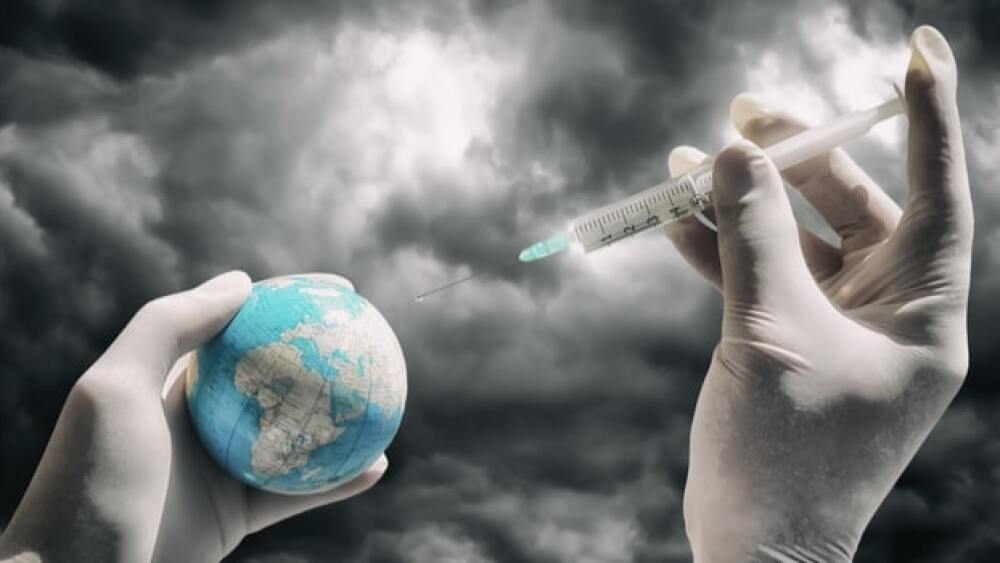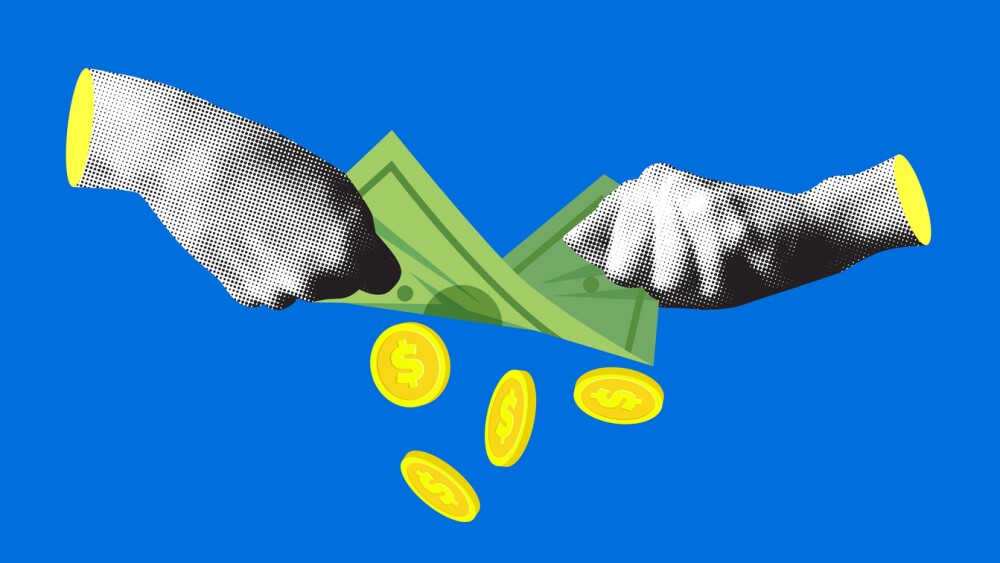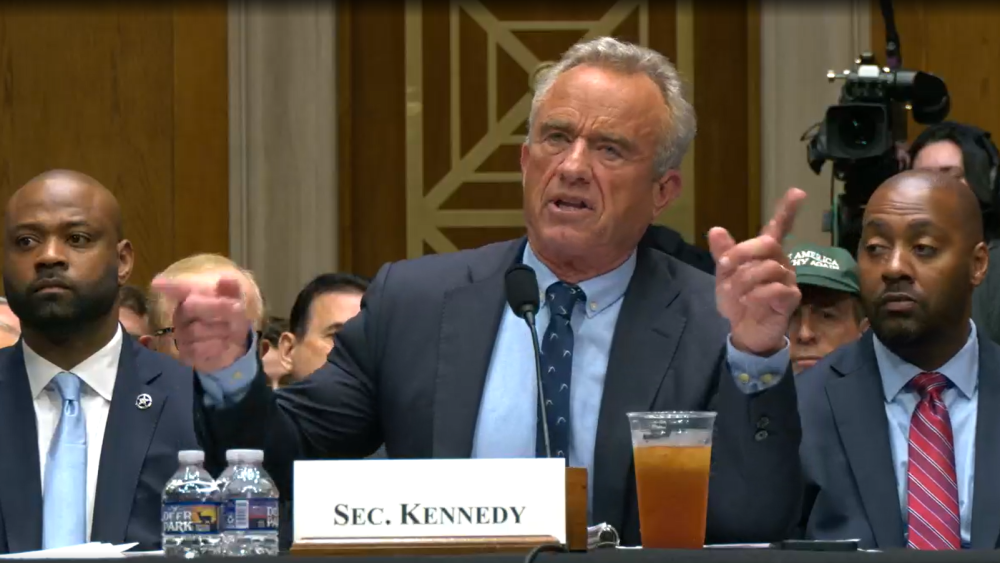BioSpace provides an up-to-date overview of these deals and the projected COVID-19 vaccine doses each company plans to have within the next couple of years.
Leading pharmaceutical giants – including Moderna, Pfizer and AstraZeneca – are racing ahead to develop and distribute a COVID-19 vaccine.
How Many Initial COVID-19 Vaccine Doses Do These Companies Plan to Produce?
With many late-stage clinical trials currently underway, pharmaceutical companies developing COVID-19 vaccine candidates are beginning to garner several distribution deals with global government agencies. In this article, BioSpace provides an up-to-date overview of these deals and the projected COVID-19 vaccine doses each company plans to have within the next couple of years.
Moderna
One of the leaders in the COVID-19 vaccine race, Moderna, has secured almost $1 billion from the U.S. Biomedical Advanced Research and Development Authority (BARDA) to provide up to 100 million doses of its COVID-19 vaccine candidate, mRNA-1273, to the U.S.
Additionally, Moderna recently announced it is scaling up its global manufacturing of the vaccine so the company can deliver up to 500 million doses and possibly 1 billion doses per year, starting in 2021. This follows news of a recent agreement between Moderna and the Ministry of Public Health to supply Qatar with mRNA-1273, pending findings from the company’s fully enrolled Phase III COVID-19 trial.
Moderna has also initiated a rolling submission of its COVID-19 vaccine candidate to Health Canada, based on positive findings from the company’s Phase I trial. Canada has since increased its initial order of 20 million doses of Moderna’s COVID-19 vaccine to up to 54 million doses starting 2021.
AstraZeneca
Under Operation Warp Speed, the U.S. could have between 20 to 40 million doses of AstraZeneca and University of Oxford’s co-developed COVID-19 vaccine, AZD1222, for high-risk groups. AstraZeneca has also agreed to supply BARDA with 300 million doses of the vaccine and up to 400 million for both the U.S. and the U.K. The company says it plans to manufacturer two billion doses of the vaccine overall.
The Phase III study of AZD1222 has so far shown that the vaccine increases immune responses in both older and younger adults. The trial was previously halted due to an adverse event, causing the trial to be halted for nearly a month. But the company has since restarted the trial following a review which found the adverse event was related to an underlying condition and not the vaccine itself. A study of the vaccine conducted in Brazil also reported a death; however, this event occurred in a group of patients not receiving the vaccine.
Johnson & Johnson (J&J)
In early October, J&J struck a deal with the EU to supply Europe with up to 400 million doses of its COVID-19 vaccine candidate, JNJ-78436735. The single-dose vaccine entered Phase III trials in September, seeking to enroll up to 60,000 participants in the U.S., South America and South Africa. In mid-October, the company paused its ENSEMBLE trial due to an unexplained illness, however, and has not disclosed much information about this event.
Sanofi and GlaxoSmithKline (GSK)
Under the World Health Organization’s (WHO) Covax program, Sanofi and GSK will deliver 200 million doses of their COVID-19 vaccine. The Covax program, led by the WHO in conjunction with the GAVI vaccine alliance and the Coalition for Epidemic preparedness Innovations, says it plans to deliver up to 2 billion doses of the Sanofi and GSK vaccine across more than 184 countries by the end of 2021.
The vaccine is currently undergoing investigation in early-stage clinical trials, with data expected by early December. Larger Phase III trials of the Sanofi-GSK vaccine are planned before the end of 2020. According to Sanofi and GSK, they are scaling up manufacture of the vaccine and are seeking to apply for regulatory approval in early 2021.
In addition to their agreement with COVAX, the two European drug makers have also made a deal to provide 300 million doses of their vaccine to the E.U. The U.S. government has also provided the two companies up to $2.1 billion to deliver 600 million doses of their vaccine in the U.S.
Pfizer
Pfizer, another leading pharmaceutical giant involved in the global COVID-19 vaccine race, expects it will provide an initial 40 million doses of its COVID-19 vaccine to the U.S. by the end of 2020.
The company is developing its COVID-19 vaccine candidate, BNT162b2, with BioNTech, a German biotech firm. Preclinical data published in September support the efficacy of the vaccine for inducing SARS-CoV-2 neutralizing antibodies in animal models.
The two companies’ 44,000-participant Phase III trial needs fewer than 2,000 people to be fully enrolled. Approximately 36,000 people have already received two of the required vaccine doses in this trial. While vaccine data from the clinical trials were scheduled to come out the Friday before the November 3 presidential election, the company says their data and safety monitoring board will need a full week to conduct a review of the drug.
Novavax
In July, Novavax obtained $1.6 billion in U.S. federal funding to support a COVID-19 vaccine development program under Operation Warp Speed. The funding is contributing to late-stage testing of the company’s COVID-19 vaccine candidate, NVX-CoV2373. The company has also said the $1.6-billion funding will be used to support the manufacture and delivery of 100 million doses of the vaccine, possibly by 2021. Novavax has also sealed a deal with the U.K. government that will enable the company to produce and deliver up to 60 million doses of NVX-CoV2373, following Phase III testing, to the U.K. population.





